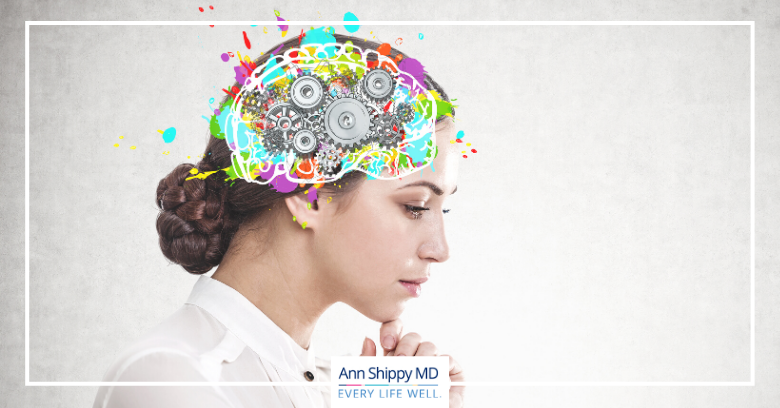TRUE OR FALSE? Doing puzzles and other learning games will “train your brain” and boost your brain performance and memory.
Well, it depends on what activities you are doing. Here’s what I know right now:
Lumosity, a paid “brain training” gaming app, settled a lawsuit brought on by the Federal Trade Commission (FTC). The developers, Lumos Labs, were required to pay $2 million to consumers. The FTC accused the company of deceptive advertising, suggesting that playing the games a few times a week could boost brain performance, memory and even delay illnesses like dementia. They simply did not have the science to back up the advertising they were doing.
However, we also know that “neuroplasticity” is a real thing– the ability to transform the capacity and function of specific areas. Older brains are showing the capacity to learn new things and even change physiologically.
Throughout life the brain can form new neural connections. Accidents, disease, stress, diet, relationships, education, hormonal changes, drugs and other conditions influence neuroplasticity because these factors change the neuronal structures and functions of the brain. (Over 40 years of research on this is summarized here.)
Science is proving that the aging brain has some neural deterioration that may naturally occur with age, but that the damage can be slowed and at times reversed. Understanding plasticity means that if we take care of our brain health, we can increase neural activity and develop neural scaffolding to regulate and protect the brain’s capacity and function.
Exercise has also been associated with neuroplasticity in older brains. Studies have shown it reduces cortical atrophy by improving overall brain functions and cognitive functions. In fact, physical activity takes full advantage of the brain’s natural capacity for plasticity. Social dance, in particular, has been shown to protect white matter from atrophy.
Learning an instrument has immense benefits as well. The Guardian reported about brain scans from studies that reveal that learning to play a musical instrument increases grey matter volume in various brain regions and strengthens the long-range connections between them.
What so many neuroscience studies are finding is that in order to improve cognitive function, the aging brain must be prodded to undergo plasticity. In other words, keep dancing, keep learning, keep moving, keep memorizing and of course, keep feeding it healthy foods.
While specific science may not prove that specific learning games actually produce a specific desired result, here’s the bottom line: Challenge yourself, learn something new, discover things in entirely new areas of your life, and take care of your brain with exercise, supplements and high-quality, organically-produced food. INNOVATE, don’t STAGNATE!













